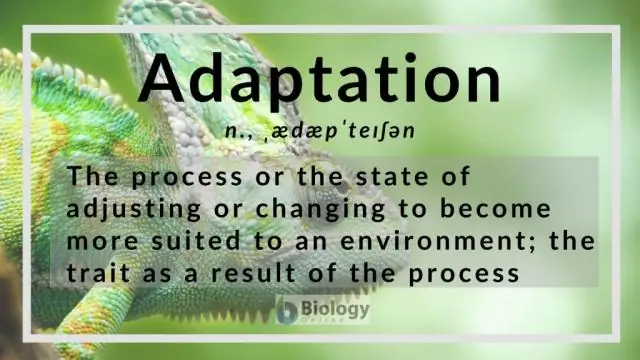- Author Rachel Wainwright wainwright@abchealthonline.com.
- Public 2023-12-15 07:39.
- Last modified 2025-11-02 20:14.
Ataxia
Ataxia (ataxia; Greek ataxia - lack of coordination, disorder) is a violation of movements, which is manifested by a disorder of their coordination.
The following types of ataxia are distinguished:
- Alcoholic (alcoholica) - occurs with alcohol intoxication; due to a functional disorder of the vestibulocerebellar system;
- Articulation (articulatoria) - accompanied by impaired speech articulation; manifested by its jerkyness, slowness, elongation; observed against the background of damage to the cerebellum and its connections with the brain stem;
- Vestibular (vestibularis; synonym: labyrinth ataxia) - occurs when the vestibular analyzer is damaged; manifested by nystagmus, dizziness, deviation of the body when standing and walking towards the lesion;
- Dynamic (dynamica; synonym: locomotor ataxia) - manifested by impaired coordination during voluntary movements of the limbs, especially the upper ones;
- Hysterical (hysterica) - has a psychogenic origin; characterized by great variability of manifestations, depending on the degree of suggestibility of the patient and his emotional state;
- Frontal (frontalis) - static-locomotor ataxia on the side opposite to the lesion of the frontal-cerebellopontine pathways;
- Cerebellar (cerebellaris) - ataxia with damage to the cerebellum and / or its efferent and afferent pathways; manifests itself in the form of static or dynamic ataxia;
- Acute cerebellar (acerebellaris acuta; synonyms: Westphal-Leiden acute cerebellar ataxia, Leiden-Westphal acute ataxia) - transient cerebellar ataxia; occurs at the height of the development of an acute infectious disease and intoxication or after them;
- Rubral (rubralis; anat. Nucleus ruber - red nucleus) - dynamic ataxia; combined with a gross tremor of the extremities on the side that is opposite to the lesion focus of the posterior part of the red nucleus;
- Sensitive (sensitiva) - dynamic and static ataxia; occurs with lesions of the pathways of proprioceptive sensitivity;
- Spinal (spinalis) - sensitive ataxia; occurs when the posterior columns of the spinal cord are damaged;
- Static-locomotor (staticolocomotoria) - manifested by disorders of walking and standing;
- Static (statica; synonym: trunk ataxia) - is manifested by imbalance in the sitting and standing position;
- Tabetic (tabetica) - spinal ataxia; arises as a manifestation of syphilis of the nervous system.
Found a mistake in the text? Select it and press Ctrl + Enter.






